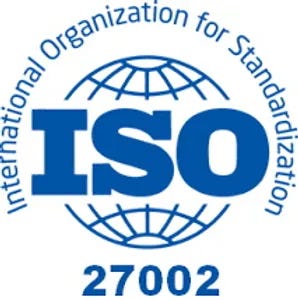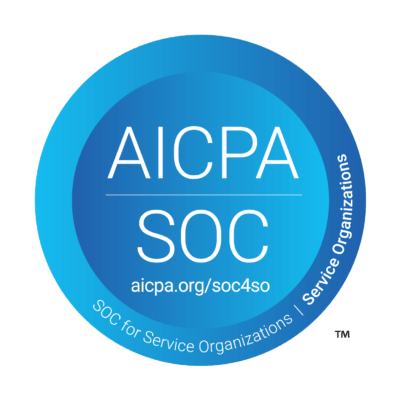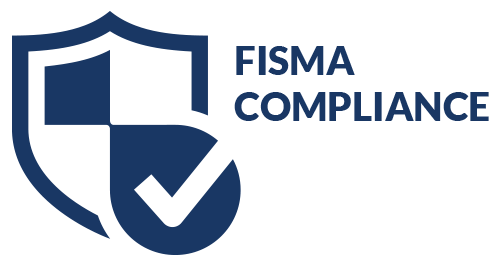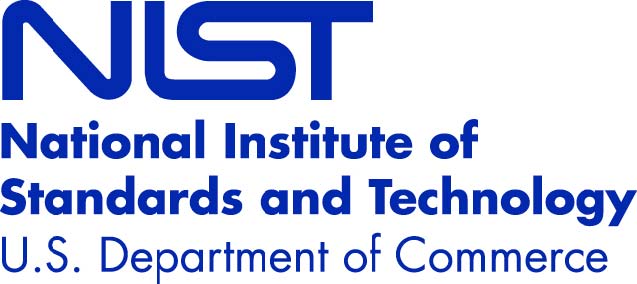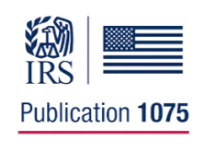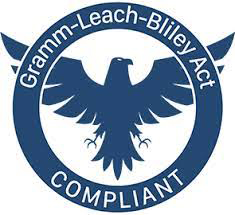The crucial role compliance plays in effective debt collection and management cannot be ignored. This critical component impacts how debt collection is controlled and managed. Here are some key components for organizations to consider when dealing with debt collection.
Compliance is Critical
As regulatory complexity and cyber-security concerns continue to increase, organizations will likely need industry-leading compliance and data security management to keep their small business finances in check. The important debt collection rules set out by the Consumer Financial Protection Bureau (CFPB) highlight the need for organizations to be aware of how their finances may be affected by these rules and regulations.
What Do Organizations Need to Consider?
When seeking assistance with debt collection, it’s important that the collection agency you choose is fully committed to compliance and has aligned their organization to support that commitment. When debt collection agencies deal with delinquent accounts, they are required by state and federal laws to respect the rights of the debtor.
Here are some basic requirements with which debt collection agencies should comply:
- Any business or individual who owes money should be treated fairly and within the industry regulations to which they adhere.
- Abusive and deceptive practices should be avoided at all costs.
- The individual or business in question should receive proper notification regarding the amount owed.
- A debtor’s privacy must be respected at all times and should not be shared with unauthorized parties.
Effective Compliance Starts with a Compliance Culture
With debt collection, a strong compliance culture with clear and defined compliance expectations can help organizations prevent and minimize reputational risk. It can help minimize regulatory, legal, and costly violations, while also retaining relationships with clients.
A strong and robust compliance management system may include the following features:
- Helps prevent and reduce regulatory violations
- Protects consumers
- Decreases the risk of litigation
- Routinely monitors and scores calls to improve agent-consumer interactions
- Provides a supervisor-agent review of the monitored calls
- When necessary, provides coaching and up-training
- Investigates consumer complaints
- Improve consumer contact systems, policies, and procedures
- Audits to assess compliance with consumer protection laws, internal policies, as well as procedures and client requirements
The Evolution of Compliance Controls
The importance of the above features, as well as the evolution of compliance controls, highlight the pivotal role compliance continues to play in debt collection. It’s vitally important that an organization’s debt recovery strategies comply with laws and regulations.
TSI is committed to compliance and help businesses like yours streamline and simplify any outstanding debt. Please contact us for more information.
